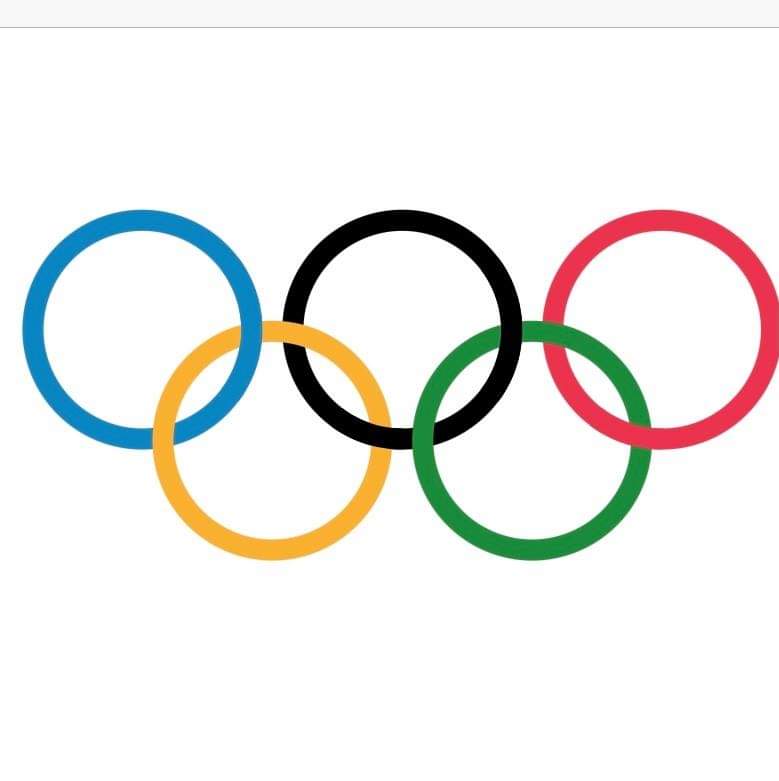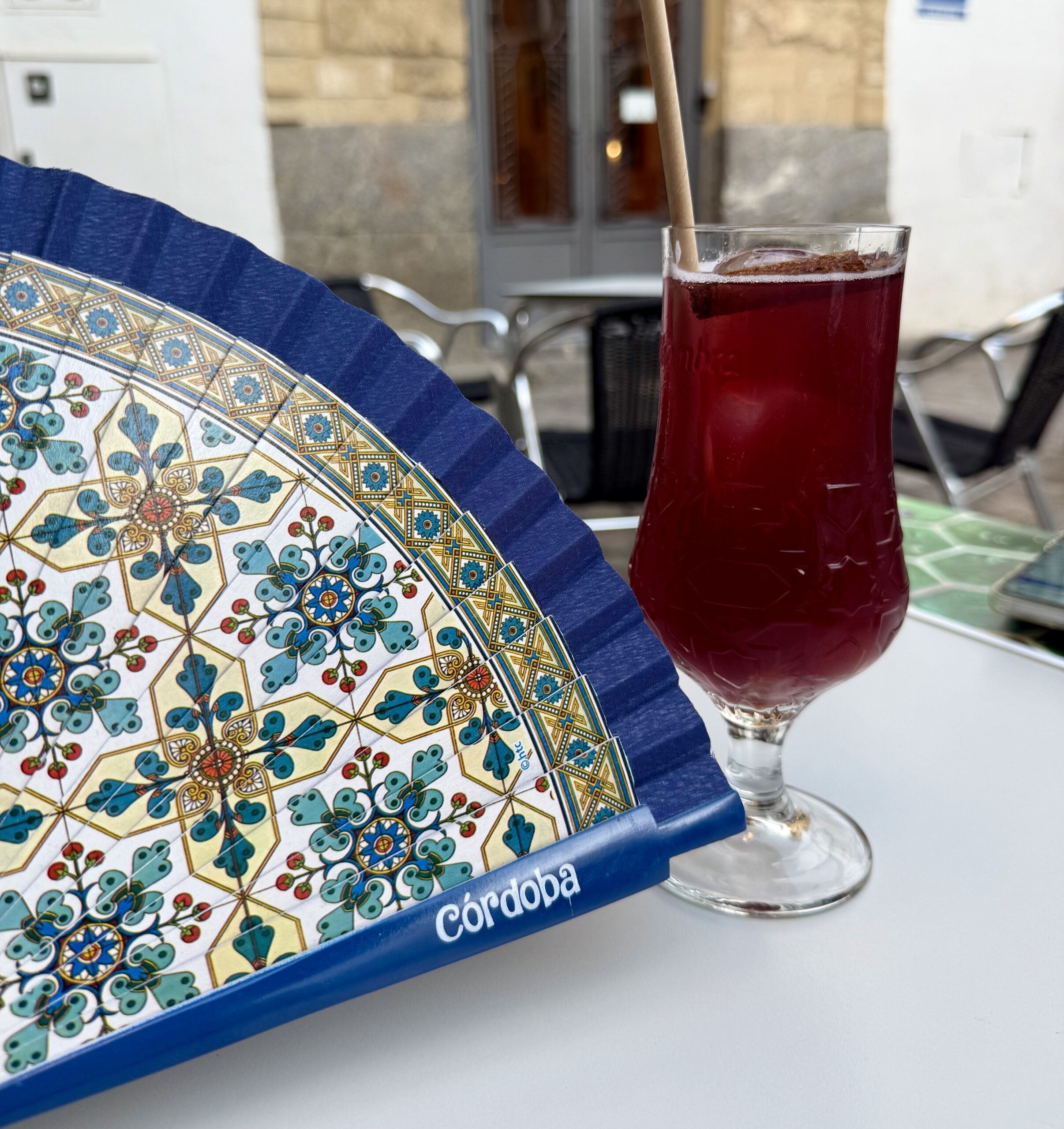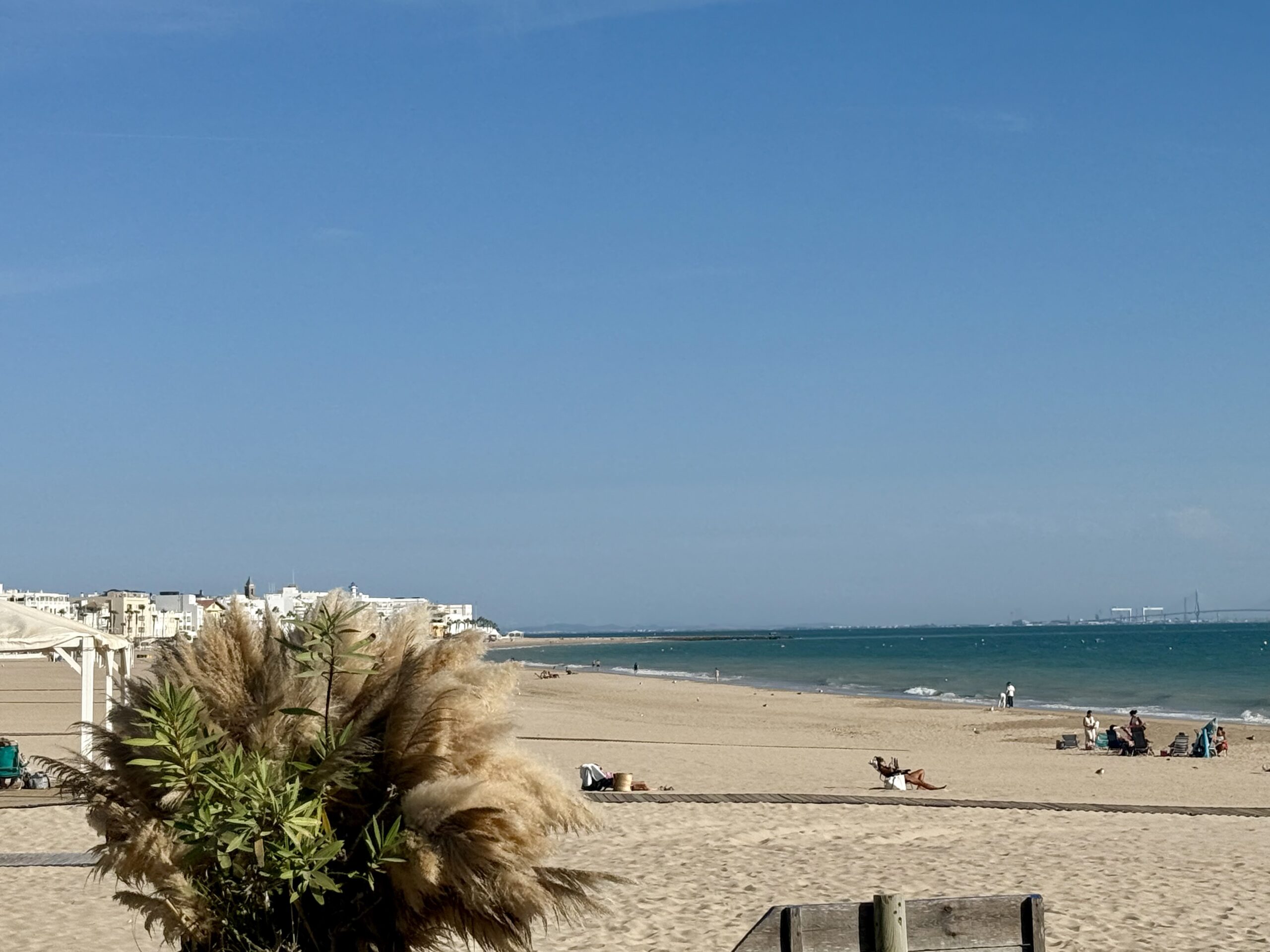
Before and way before
August 2, 2021
Taking in some of the current Olympics (I think, anyway. They’re mostly repeats because of the time difference, so they could be showing events from any Olympics for all I know), reminded me of a period of incipient midlife crisis as expressed in feats of athleticism.
Back in the late 1980s, I sought to test my mettle in a track and field competition primarily for recreational athletes. Call it the Really Special Olympics. I’d never competed in high school or college sports, but I’d become an obsessive runner in my late 30s. Having completed a couple of marathons without crying for my mommy at the end, I wanted to see how I’d measure up in speed.
It was my foray into triathlons that brought an abrupt end to this stage of my midlife crisis. For the record, I can swim; it’s just that for me swimming has always been a near drowning experience.
It was clear the competitors spanned the range of amateurism, including many Glory Days types who’d competed during their school years. This was apparent in the half-mile run, which consisted of two laps around the quarter mile track. If you get lapped in a two-lap race, it’s a pretty good sign you’re out of your depth as a speedrunner. Yet there I was, breathlessly chugging along near the end of the first lap, when the leaders seemingly glided past as if I were one of the volunteers handing out water as the runners ran by. (You might wonder, then, what happened in the one-mile run – four laps around the track – but I’m leaving you wondering about that.
I even tried my hand at the hundred-yard dash. I’m not able to share my time for that sprint, as the judge told me the battery in his stopwatch ran down during my heat. At the finish line, I was informed I was too early for the race, and, anyway, the starting line was at the other end. I gave new meaning that day to “dead last.”
It was my foray into triathlons that brought an abrupt end to this stage of my midlife crisis. For the record, I can swim; it’s just that for me swimming has always been a near drowning experience. In one event, I’d noticed the rescue boat was following only me. I asked why, and they said I appeared to be in distress. “That’s my freestyle technique,” I replied indignantly.
The final humiliation came when I was booed lustily at the finish of the running portion for passing a woman running with a crutch. “We’re both competitors!” I shouted back, again, indignantly, as the woman saluted me with one of her fingers she was able to free up from holding the crutch.
I say all this only to point a finger of my own at all the know-it-all cheap shot artists dumping on Simone Biles, as if they’ve suddenly become sports medicine experts. Take it from one for whom the race is most decidedly not won by the swiftest, which I’ve experienced up close and personal, as the swiftest have all run by me. An Olympic athlete is performing at a level the rest of us mortals can scarcely imagine. We need to shut up, signal for the rescue boat, and at least cross our finish lines in no more than a dead heat with the woman with the crutch.



Be the first to comment